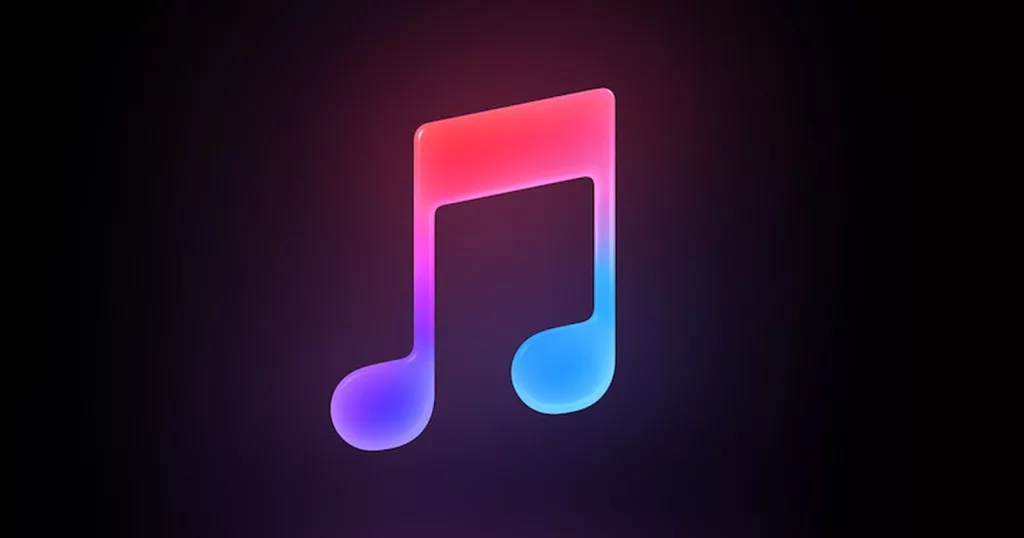THE POWER OF MUSIC
There’s something universal about the creative arts that’s good for health, and mental health in particular. Visual arts, drama, literature, music, despite their differences, all have some things in common – they make us feel, provide meaning, stimulate reflection, and bring us together. Let’s focus on music. Our brains are wired for music, and this is likely one of the major reasons for its universality. Research has shown that the pentatonic scale, in all cultures, is a means of coordinating infant and maternal communication. The pentatonic scale is commonly used in traditional music around the globe. This has led many scientists to postulate that the way our brains are constructed is receptive to this particular scale. Studies show that we are attracted to and utilize scales, like the pentatonic scale, that are built upon the natural harmonic series of notes. There is more evidence. Researchers have found that we are drawn to certain intervals of notes (two notes played together or in sequence) because it resembles speech. For example, the minor third which has been known to convey sadness. Studies have shown that the very same interval is one in which sadness is perceived in human verbal communication. If the minor third is universally evocative of sadness, it not only suggests how our brains are wired, but also reinforces the fact that music causes us to feel certain emotions. The bottom line is that in all cultures, all over the world, music has a special place among humans (and other animals as well), and it affects us in characteristic ways. We’ve all felt it, in some way. We don’t need science to tell us this! The fact that music evokes emotion is obvious. And not only does it make us feel happy, sad, or want to get up and dance, but certain melodies are embedded in our memories. So, when you hear a tune from a scene in one of your favorite movies, it immediately takes you back to the same feeling you had watching that scene. I bet you can come up with one immediately. Or when you’re driving in your car and an old song comes on that you heard with your first teenage love, it brings you back. That song – maybe even “your song” – still has meaning, long after the relationship faded. You still feel the feelings. Even though he or she broke up with you and you were devastated, you might smile because when you were in the car together you felt good. Or maybe it’s sadness you feel in hearing the song again, in a nostalgic way. Music is the best studied of art therapy, and helps to lower anxiety, depression, trauma, psychosis and stress. Important components of music therapy are the meaning of lyrics, improvisational music playing, active listening, and songwriting. But it’s not just in psychotherapy. While many of us cringe at the horrors of “elevator music” or the awful music we hear waiting on the phone after all the prompts, music has been shown to have a soothing effect. For example, it is frequently used in dentist’s offices and in operating rooms. Music has also been shown to reduce pain, and even have a positive effect on symptoms of stroke and dementia. And for patients with Alzheimer’s disease, its benefits may well be that singing and listening to music improves mood, helps retrieve old memories, and could even improve general thought processes. Music has a unique ability to inspire changes in individuals and society. For kids, teens, and young adults, music promotes positive development. Studies show that music helps with learning and attention. The ABCs are a great example – combining a song with the letters of the alphabet enhances memorization. And TV shows such as Sesame Street have long used music to help children learn colors, numbers, and other important material. For older kids, combining musical rhythm and pitch enhances focus and memory. In addition to enhancing learning, teens identify with music as an integral part of their growth and developmental changes. It embodies who they are, capturing individual and group identity. Whether its rap, hip hop, heavy metal, pop, country, or bluegrass – it earmarks an important phase in their development. Every parent knows better than to comment on or, God forbid, criticize a teen’s musical preference. Kids of all ages developmentally need an outlet for self-expression – yet another key place for music in their lives. While many will drop music lessons, if they take them (it’s not easy to have the discipline to really learn an instrument), most regret giving up their mastery of an instrument later as adults. However, many schools offer opportunities for kids to be involved in a chorus, or drum circle, as a class or as an extracurricular activity, which can be another outlet for both self-expression and community involvement. Beyond the individual, music plays a vital role in society, and in social change. What movement in history is without an anthem – a theme song. Whether we’re going to war or whether we’re fighting our own battles at home music serves as our foundation. And think about how we use songs in our own lives to mark major changes – births, deaths, anniversaries. It’s why the first dance at a wedding is so important. The power and the ability to change ourselves and change the world is almost always coupled with a soundtrack of one kind or another. So, back to family holidays, or remembering young love, or being in the ballpark. In these scenarios, the music is about feeling connected. The euphoria of a concert is not just that great music is playing. In fact, the last time I went to a concert in a large venue, I could hardly hear the music – certainly not as well as I could with my headphones. Concerts like this create unity.
THE POWER OF MUSIC Read More »






